Human rights are rights that apply worldwide, to all people, in all places, at all times. They are the foundations of a democracy in which every person counts. The Netherlands strives to protect and promote human rights all over the world.
In 2020 the Kingdom of the Netherlands and Unesco hosted the World Press Freedom Conference: a joint celebration of World Press Freedom Day and the International Day to End Impunity for Crimes against Journalists. In that context, we prestented this series of personal portraits about journalists, fighting for press freedom worldwide. This is in cooperation with internationally renowned media training institute RNTC, The 88 Project and Humans of Amsterdam. The photocredits belong to Debra Barraud.
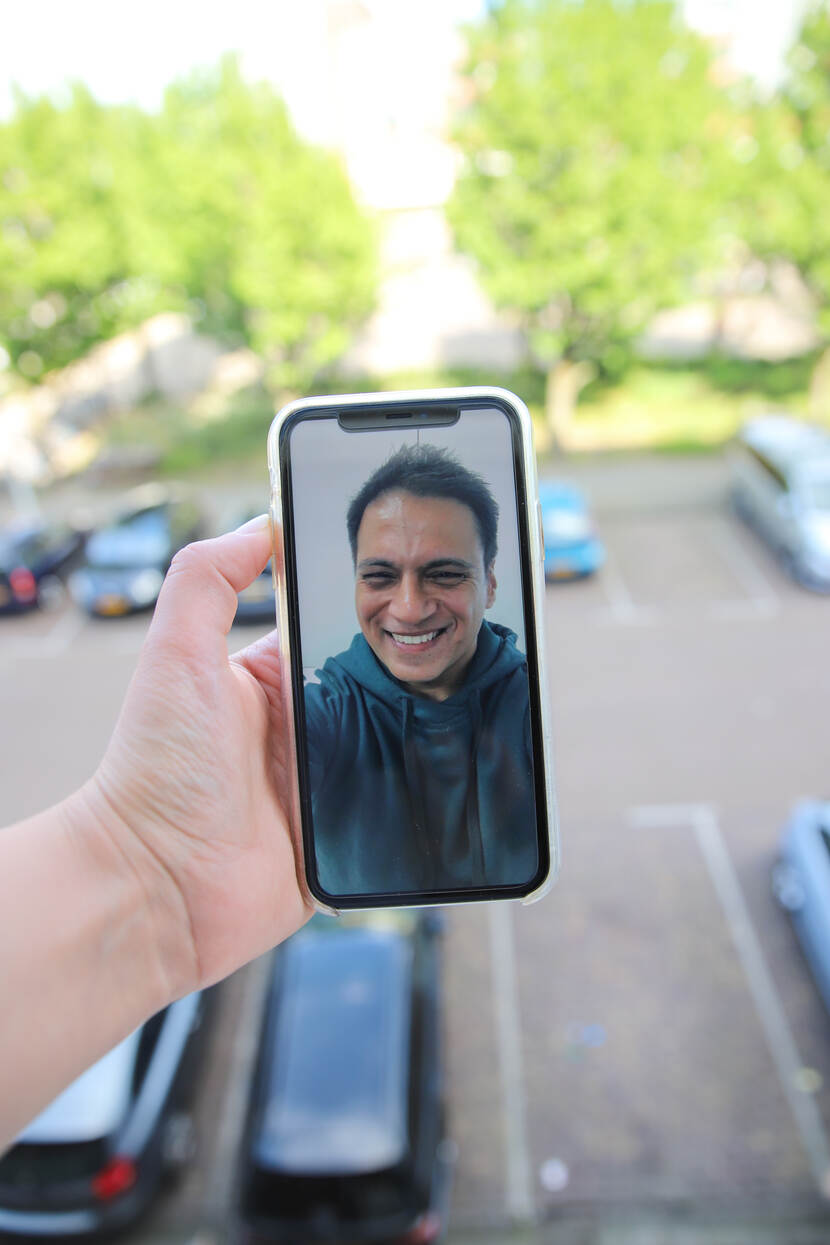
Ashraf
‘In 2011, I spent two months in Kabul training young reporters. I remember arriving at the airport. By the amount of security, it was apparent that I was in the midst of a war zone. In Afghanistan, my outlook on life changed. I made really good friends, I saw snow for the first time in my life and I witnessed a suicide attack. Still, I never regretted my decision to go. The whole reason I became a journalist was to make a difference in this world. My students were brave, hardworking young men and women. Being a journalist, in general, is not easy. Being a journalist in a country that hasn’t had a functioning democracy or media for decades is even harder. I really admired each one of them for their devotion to journalism. Especially the women in my class, who continued their work despite the societal and family pressure to get married instead. Once, a male colleague asked one of them: ”If you continue doing this, who will marry you?” She replied: ”I want to do something for my country. That is more important than getting married.” Sometimes I feel I learned more from them than they did from me.’
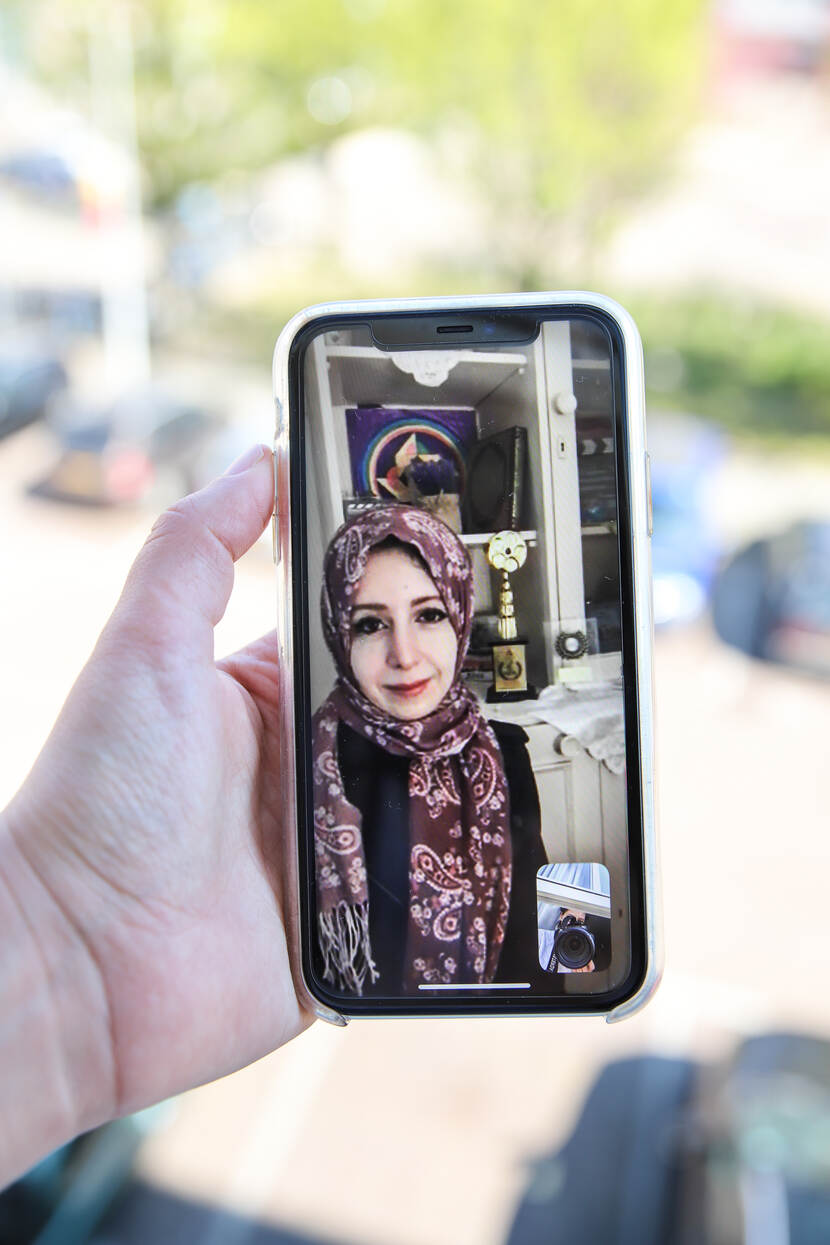
Mariam
‘Ten years ago, I had a lot of stability in my career and everything seemed very successful. I was working in international public finance. However, I felt that this was not what I am meant to do in life. I have always had a passion for filming and journalism. In addition to my office job, I was working in media in my free time. I made several humanitarian films. One of them is a documentary about a group of Egyptians who went to Africa to volunteer. When this documentary received an award for best film from Germany, I felt confident enough to quit my job. Now I have been a filmmaker and journalist for 10 years. I faced a lot of discrimination and sexism within the culture of different international media organizations. Despite the many awards and recognitions, I received, I have been hearing sexist comments. I have been told that I am too fragile as a female to work in journalism. One time, my work has been unethically published under a male co-worker’s name. When I complained, I got threatened by the organization to be silent. I once was asked by my manager why I was making a documentary about a bunch of complaining Arabs, when I was filming refugees inside a camp in Greece. Becoming a journalist is the best decision that I made. However, it does come with a price. Especially when you are someone who fights for media integrity, ethical reporting and stands up against corruption. Being a journalist is a big responsibility which I take very seriously. I aspire for media without fear or favor.’
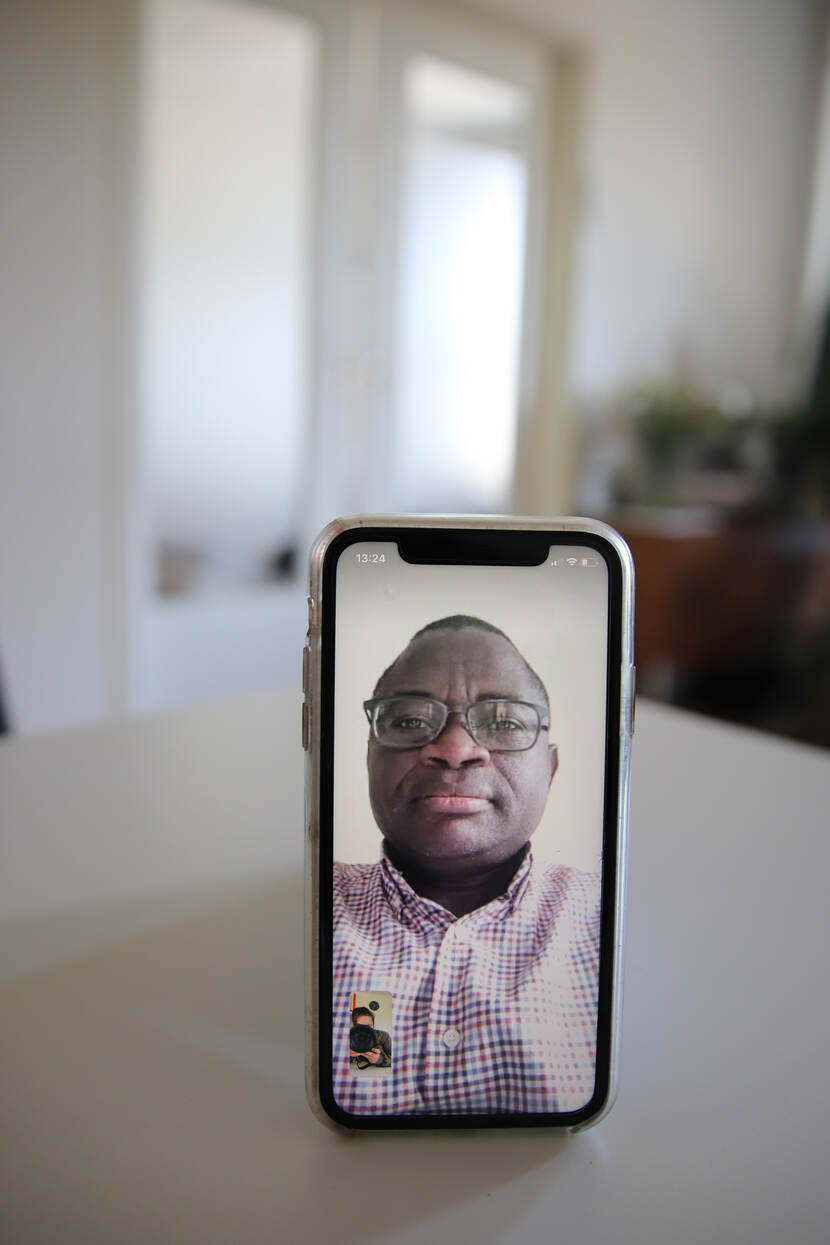
James
‘It’s very important for journalists to be able to provide accurate reporting on sensitive topics so that people can be well informed. But unfortunately, we still see too many cases around the world where information gets tailored, and sometimes covered up, and journalists are made to report according to the dictates of their governments or media organizations. As a professional journalist this worries me. There is no weakness in writing the truth. Reporting accurately on issues is critical if we want productive conversations that can bring lasting solutions around those issues.’
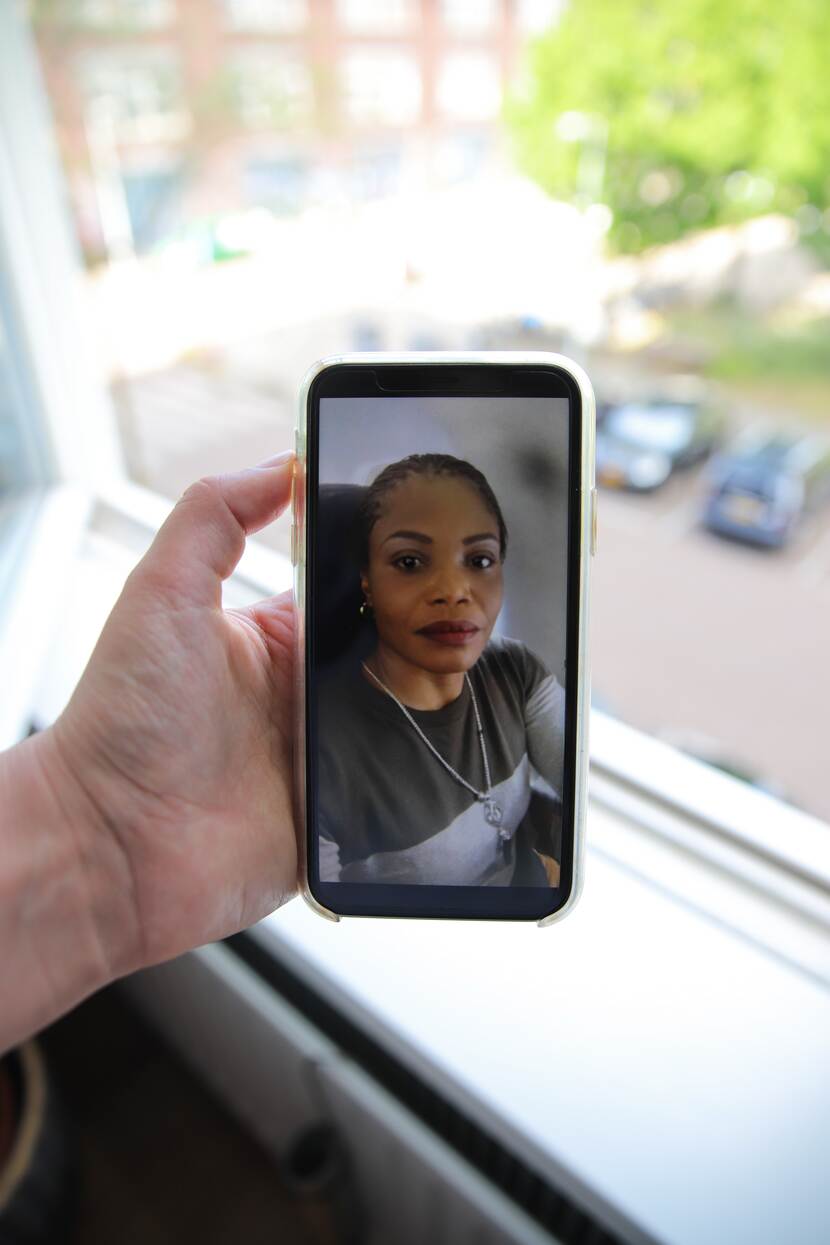
Rose
‘I recently started to get back into journalism. I was in the midst of an investigative journalism course in The Netherlands when I had to return back home because of Covid-19. Ever since I was a little girl, I wanted to be a journalist. It sometimes worries me when I hear stories of journalists being silenced. A few weeks ago, a few of my colleagues who work in Radio were arrested for reporting. They had to spend two nights in prison. Journalism is not for everyone. Many of us go through great lengths to cover stories. Still, I refuse to be scared because I know it’s important that I do my job well and there is nothing wrong with that.’
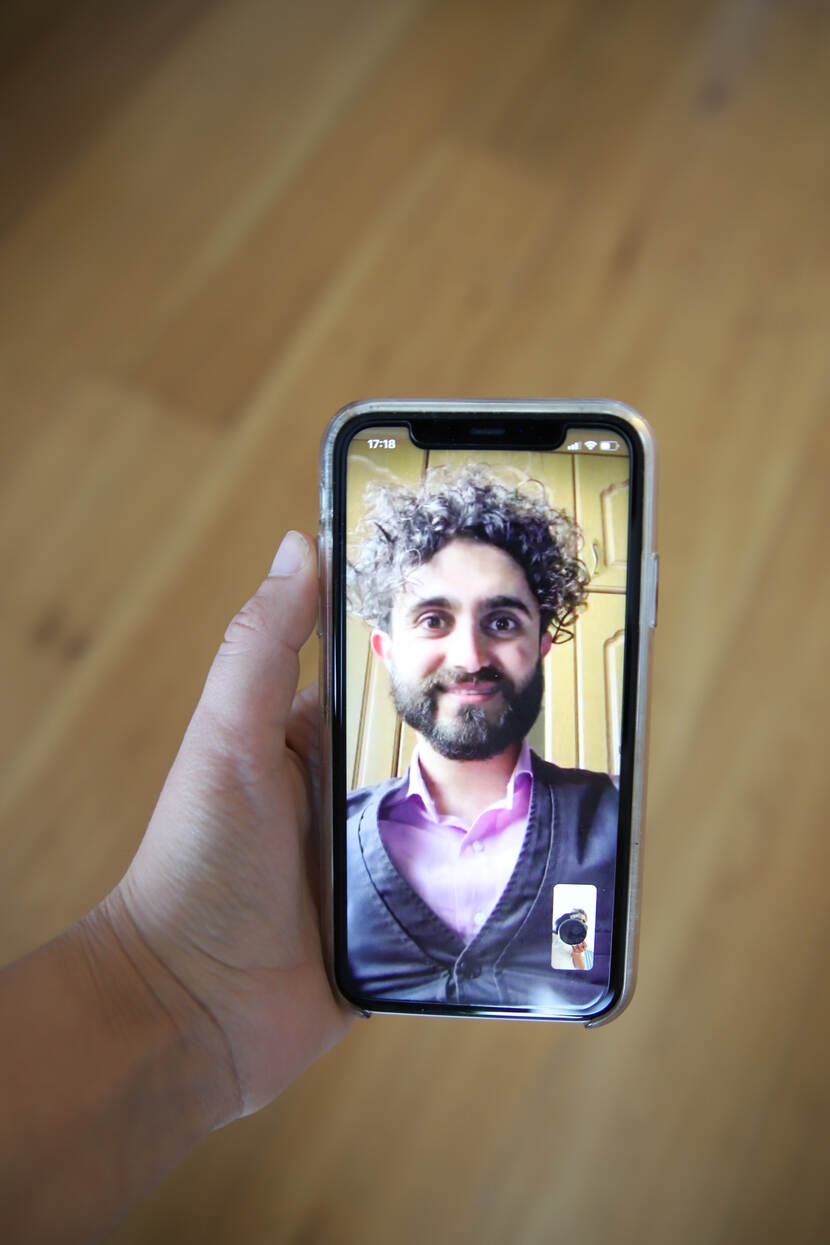
Arthur
‘I was born in a small village about an hour away from Yerevan, Armenia. Growing up, my parents had to work really hard to make ends meet. The level of education in the village, in general, is a bit lower than in the city which means I had to work twice as hard to get to university. I graduated high school when I was seventeen. I had no idea what I wanted to study until I spoke to my cousin. She was working at a radio station in Yerevan. She told me she was studying journalism. In my village, I never considered studying journalism or imagined working at a radio station. She inspired me and I decided to study journalism.
I don’t know how my parents did it but they managed to save up enough to pay for me and my sister’s university tuition. For a long time, I felt that I wasn’t really part of society because of where I came from. I now work for an NGO which every year organizes the human rights festival in Armenia. At the festival we have different kinds of workshops and lectures where we talk about different kinds of human rights. Like for example the right to a proper education. If it wasn’t for my cousin, I might not have become a journalist. If there would have been more tools, more children like me would have been able to study. That’s why we organize this festival because to this day, many people are not aware of their fundamental rights.’
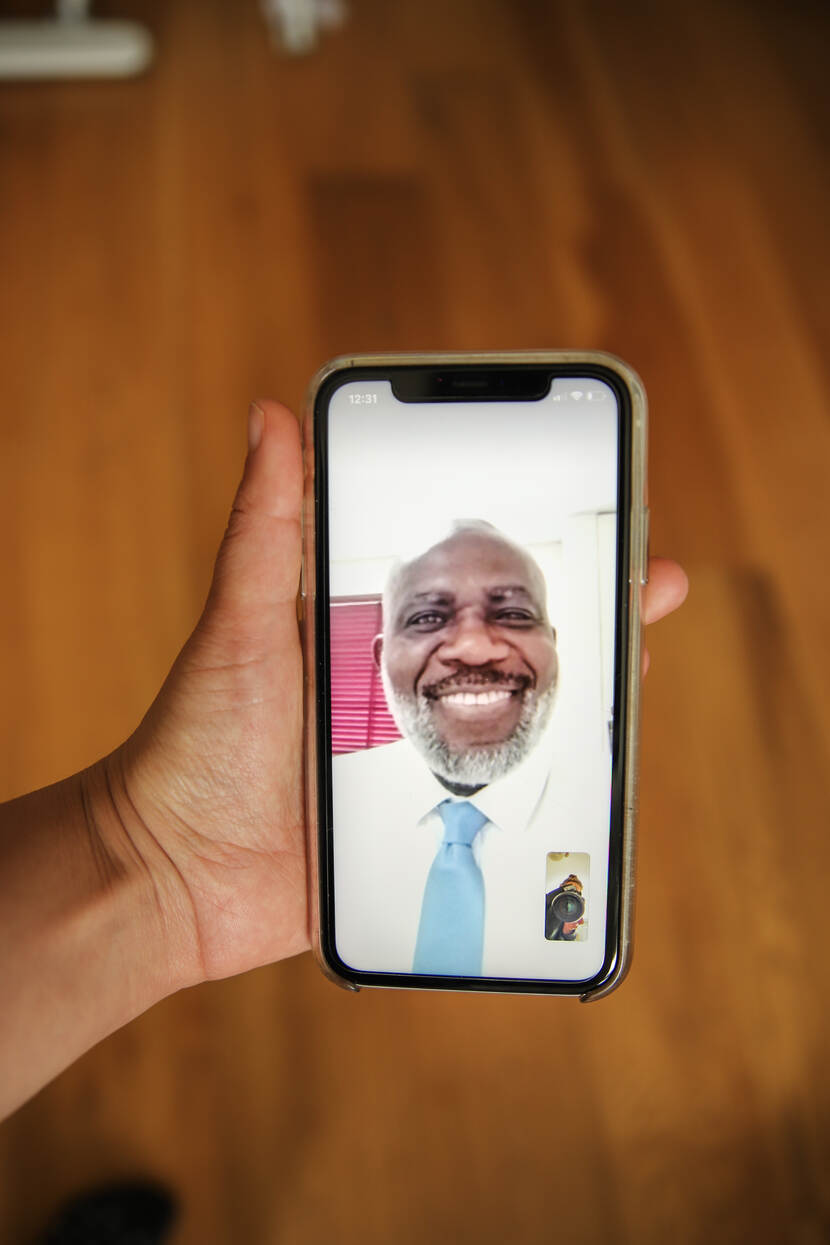
Kingsley
‘As a child, I would always watch the news with my father on a black and white television. I remember following the Watergate scandal. I was fascinated by the American journalists that reported on the topic. It actually inspired me to become a journalist. The work of a journalist is to mirror the society and to give people the correct information. Without journalists and media, it’s impossible to run a society. I have covered stories on politics, business, crises and wars. In the past 25 years, I have never been discouraged from investigating or reporting on any topic. Even if the topic was considered to be sensitive. If I feel strongly about a story, I will investigate and report about it. It’s my duty as a journalist.’
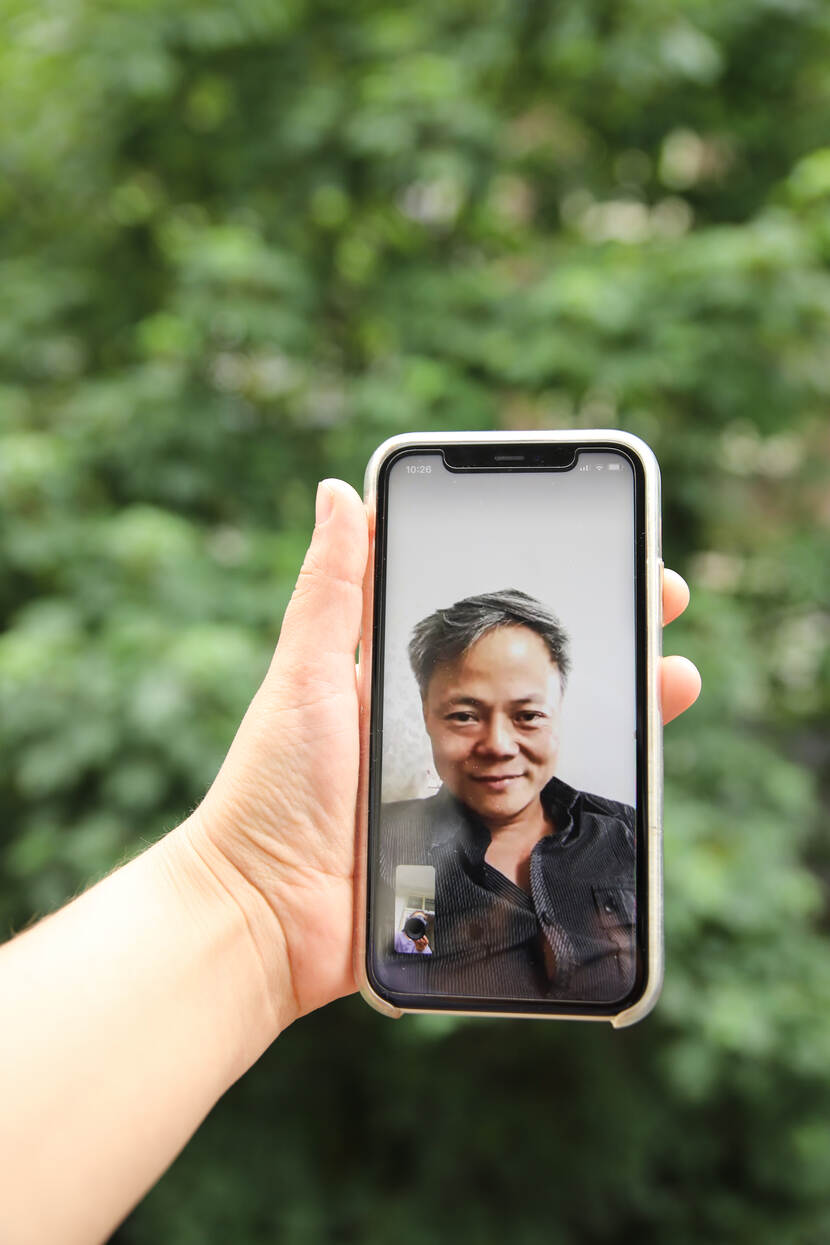
Chau
‘The most beautiful part about being a journalist is that it makes you humble. I have been a journalist for 26 years. I have heard so many different heartbreaking stories and I still get deeply touched by them. A story that I wrote which I still vividly remember was about a seventeen-year-old boy who stole 80 dollars from his neighbour and got beaten up by the police during the temporary detention house. They hurt him so badly that he died. I interviewed his mother right after he passed away. That interview will stay with me forever. The police tried to cover it up afterward but I wrote about it anyways. It’s my duty as a journalist. Police in Vietnam have been violating human rights. According to a report of the Ministry of Public Security presented by Lieutenant General Tran Trong Luong, Deputy Director General of the General Department of Crime Prevention and Control, from October 2011 to September 2014, 226 deaths occurred in custody houses and detention houses nationwide. The main cause of these deaths explained by the Ministry of Public Security is due to pathology and the subject of suicide. I do not believe that. I think the main cause of those deaths are due to mistreatment and violence. People deserve to know these facts. As a society, we need to know the truth in order to grow as a country.’
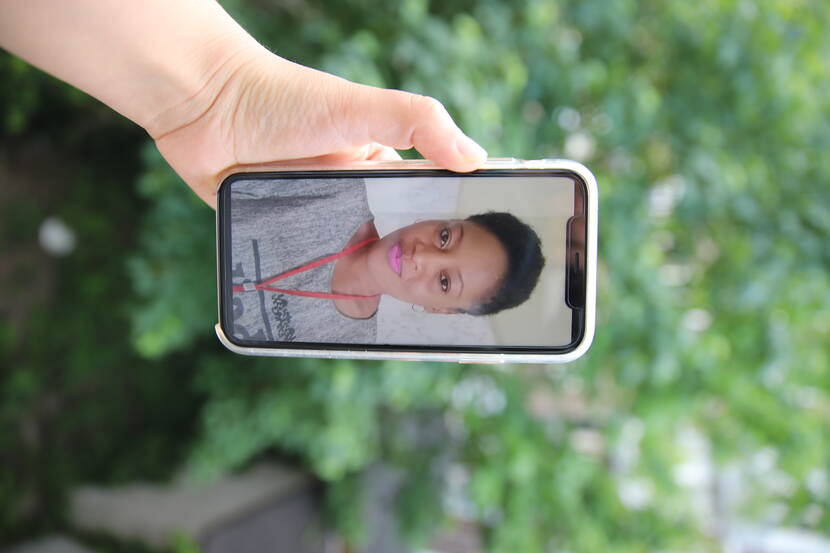
Titilayo
‘During the first HIV outbreak, people turned to the TV and radio stations to get information. I remember, there was such a stigmatization around the topic that people were afraid to talk about it. There were even cases of people committing suicide because they were infected with HIV. It was a taboo. I wrote a lot about it through different media outlets. By giving people the right information and educating them that HIV is not a death sentence, I was able to help change the narrative. I’m really proud of that. I believe that as a journalist you have that responsibility. That is why it’s so important that we have access to all sources of information. We need to be able to walk into a government institution and ask questions. Our job is to report correctly without sensationalizing stories. Just like now with this global health crises. I truly believe that journalists are in the frontline. We are here to research and report accordingly so we can help people make choices that can save their lives.’
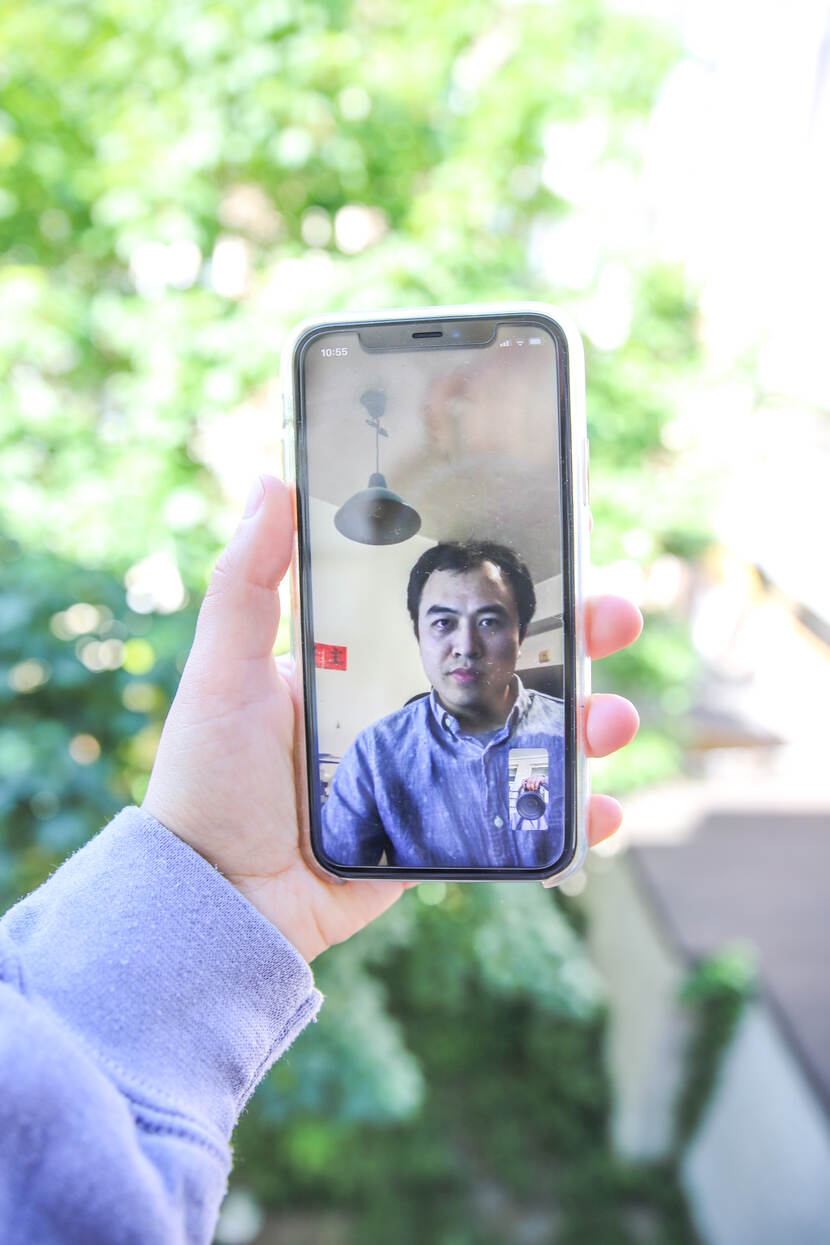
Long Trinh
‘In 2011, I was arrested for protesting together with 50 other people. At the time, I was still a legal consultant. I was detained for two days. When I got released the police forced my landlord to put me on the street. Before the arrest, they also pressured my boss to fire me. I really respected my boss. I didn’t want to put him in that situation so I quit my job. They also called my parents, who have been faithfully supporting the communist movement all their lives. They told them about the protest and that I got arrested. My parents were really angry and disappointed in me. They cried a lot. It’s one thing to fight against the system but it’s another thing when you fight against your parents. I had no home, no job and I was sleeping on my friend’s couch.’
‘When I ran out of money, I decided that I wanted to become a journalist. Through a friend, I managed to find work writing for several news outlets. I did that for one year but I was bothered by the lack of free press so I decided I wanted to become an independent journalist. I found a program in the Philippines who supported and trained activists and journalists to write independently. While on the program, I started my own magazine together with three other journalists – writing about human rights in Vietnam. When I finished working there, I realized that it would be unsafe for me to return home. That’s when I decided to move to Taiwan in order to keep the magazine going. In the meantime, my parents started following my articles on Facebook. After four years, they finally told me that they were supporting my work and that I had made them understand that it’s not wrong to disagree with the government. It makes me extremely proud and it gives me hope to see how my parents, who have been loyal to the same regime for many years are now learning to think critically and support positive change. Of course, I wish to go back to my homeland but for now, I can’t. It’s not an easy road I’m taking but I know it’s the right thing to do. I owe it to the future generations of our country.’